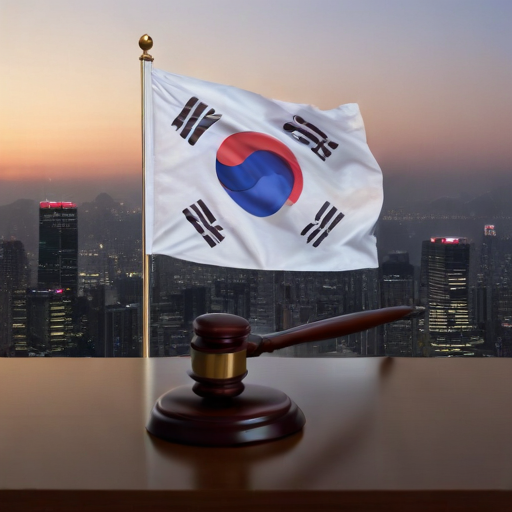In a surprising and drastic move, South Korea’s President Yoon Suk-yeol declared martial law late Tuesday night, marking the first instance of such a declaration in nearly 50 years. This unprecedented action, which was made during a televised address, cited “anti-state forces” and potential threats from North Korea. However, as events unfolded, it became apparent that the declaration stemmed more from Yoon’s internal political challenges rather than external security threats.
Following the announcement, thousands gathered outside the parliamentary building in protest, while opposition lawmakers rushed to challenge the martial law proposition through an emergency vote. In a swift response, the parliament rejected Yoon’s decree, leading him to accept the vote and lift the martial law order shortly thereafter.
The context of this turmoil reveals a president under significant pressure. Elected in May 2022 as a staunch conservative, Yoon has faced severe setbacks since the opposition’s sweeping victory in the recent general elections. His approval ratings have plummeted to around 17% amid various corruption scandals, including controversies involving the First Lady. The situation escalated when the opposition proposed reductions to a major government budget bill, asserting government imbalances and demanding accountability.
Yoon’s declaration of martial law, a measure typically reserved for states of emergency when civil governance is compromised, had stirred fears among South Koreans of diminished civil rights. Despite the heavy military presence, protesters managed to gather, and tensions remained controlled with no significant violence reported.
In reflection, Yoon’s actions have sparked a crucial dialogue about democratic resilience in South Korea—a nation familiar with political upheaval and civic engagement. The quick response from parliament and the active participation of citizens demonstrate the public’s commitment to democratic principles and civil liberties.
While the situation currently appears tumultuous, the swift rejection of the martial law order by parliament highlights the strength of South Korea’s democratic institutions and the people’s determination to uphold their freedoms. As the country moves forward, this incident may serve as a catalyst for deeper discussions about governance, accountability, and the importance of maintaining a delicate balance between security and civil rights.
